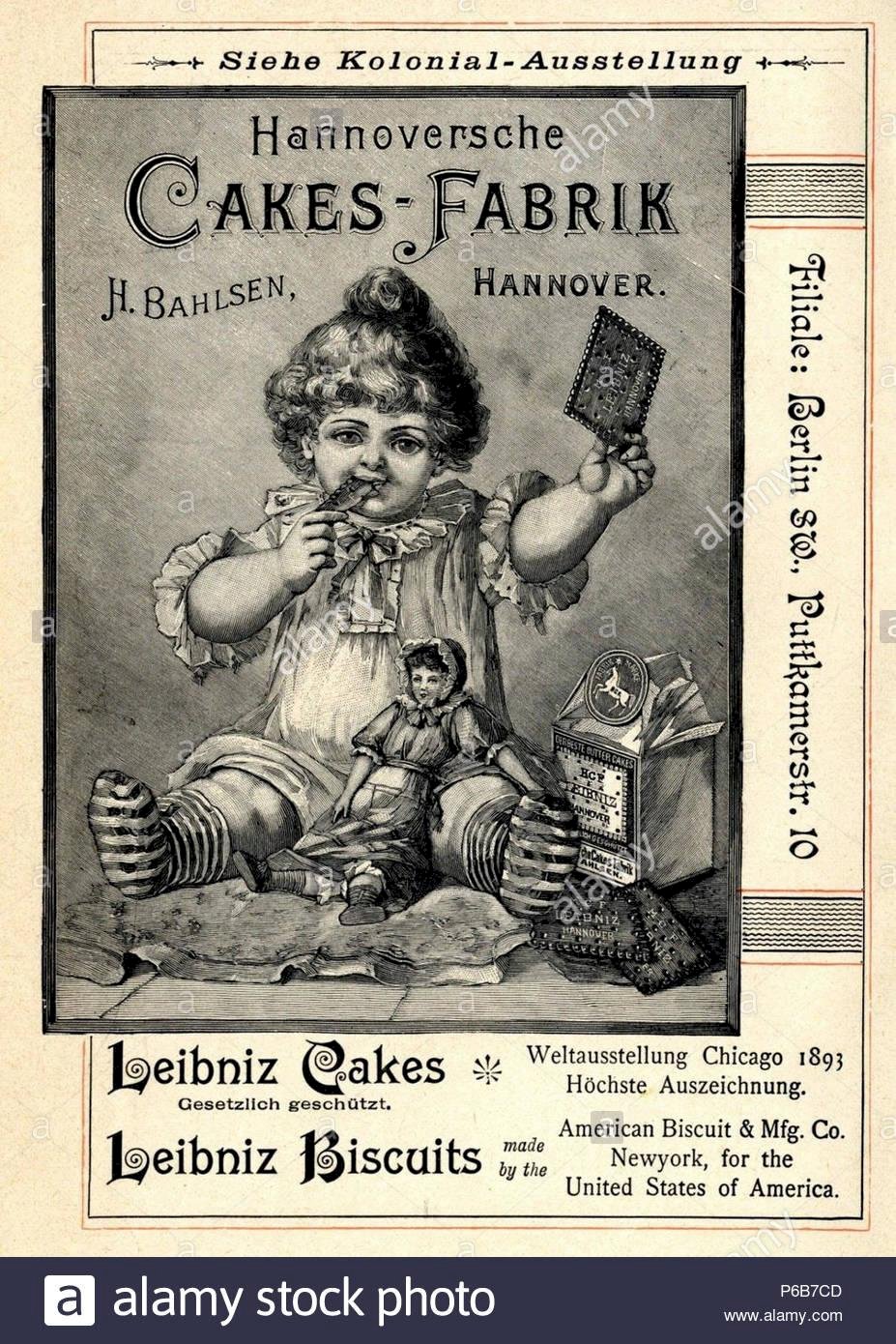Do Americans / British find Anglicisms so cool too?
So I don't like the exaggerated use of Anglicisms, but I know that many see them as "cooler / more stylish" - for example, when the character in a video game is called a shadow runner instead of a shadow runner.
But what I have always asked myself - do the Americans and English themselves find their words more stylish than those who speak other languages?
Because for an Englishman, a "shadowrunner" is nothing else than our "shadow runner".
To many, "PlayStation" sounds cool and like a console, but when the Americans use the word, it's like calling the console "Playstation".
Actually, they should find these words rather boring and endorse foreign language terms, right?
In english there are also german words like "health" when someone sneezes, schadenfreude, weltschmerz or prodigy.
Yes i know that x)
For example, The following German words are used:
kindergarten
malicious joy
Weltschmerz, Zeitgeist, child prodigy, health
flash war
lightning
stone
game
and some others
But that's not nearly as many as the words we borrow from English.
I don't think it's cool, but you might be more used to hearing words in your mother tongue. English also has a lot of German loanwords, which we're usually not really aware of.
But since Anglicisms are often used incorrectly in German (possibly also in other languages) in relation to the mother tongue (mobile phone, etc.), you might find that rather strange. Words are used that sound familiar, but are still wrong in their use, e.g. Photo shoot, photo shoot, shooting, gunfight.
Imagine if the English would call the kitchen sink "tub". "I washed my dishes in the tub, because the dishwasher did not work!" At first, Germans would always think of the bathroom first and would probably ask themselves later whether the English hadn't really understood the German language. He probably wouldn't find it cool.
There are words in English borrowed from other languages, for the same reasons as ours. If you want to appear more educated there, you borrow additional words that not everyone knows, sometimes incorrect constructs arise, eg beer stein (beer mug).
And then of course there are purely phonetic fantasies for other purposes
The wandering of language and words is not a one-way street and is not new. You can read this at:
- These German words are used abroad
(merkur-online.de/aktuelles/kultur/diese-deutschen-woerter-haben-ausland-benutzt-882170.html)
There you will also find reasons why foreign words are taken over into another language:
Whether as occupiers during the war, as colonial rulers or as emigrants: Germans always had their language in their hand luggage. "This is how language contacts are created"… Words get into another language through these contacts. "This also proves that, contrary to popular belief, German is not or has just been 'flooded' by Anglicisms"… The exchange is always mutual.
Whether and how a speaking community adopts a word depends… Essentially on whether there's a suitable word for an object or a fact in its own language. The foreign word fills the gap and is often adapted to one's own pronunciation or spelling.
We not only import words from English and from other languages - the spelling of some is adapted (German biscuit = English cakes = cake pl.) -

but also export German words into English - some of them are copied in the spelling (kindergarten) - and into other languages.
The 'emigrated' German words that emigrated to England and America include, among others Blitzkrieg, autobahn, kindergarten (from the time of the 3rd Reich) and rucksack (a word that got abroad through the world wars).
But also: cosiness, zeitgeist, child prodigy, Bauhaus, thing in itself, schnitzel, pretzel, bratwurst, sauerkraut, beer festival, doppelganger, schnapps, dachshund, thought experiment, driving pleasure, etc.
You can google very interesting articles on:
- German words an export hit
(bairische-sprache.at/Index/Zeitungsartikel/2009/MM/Deutsche%20Woerter%20-%20ein%20Exportschlager%20-%20MM%2013.7.2009.pdf)
- These German words are used abroad
(merkur-online.de/aktuelles/kultur/diese-deutschen-woerter-haben-ausland-benutzt-882170.html)
- Denglisch for Beginners I (fr-online.de/meinung/kolumne-denglisch-fuer-anfaenger-i,1472602,3244474.html)
- Onion fish: world language German
(spiegel.de/kultur/zwiebelfisch/zwiebelfisch-weltsprache-deutsch-a-356502.html)
You can find a list of Germanisms under the following link:
spiegel.de/kultur/zwiebelfisch/zwiebelfisch-deutsch-als-amtssprache-der-usa-a-295157.html
:-) AstridDerPu


